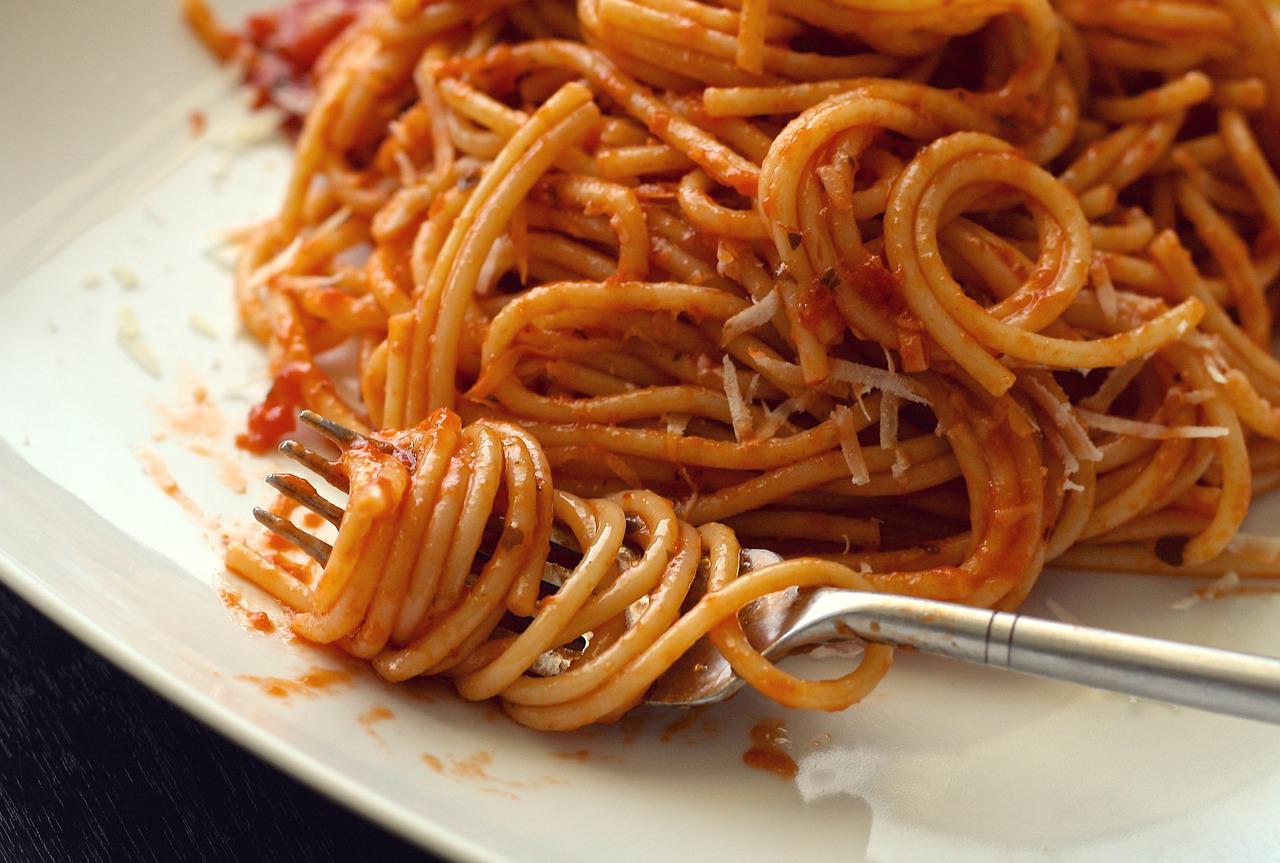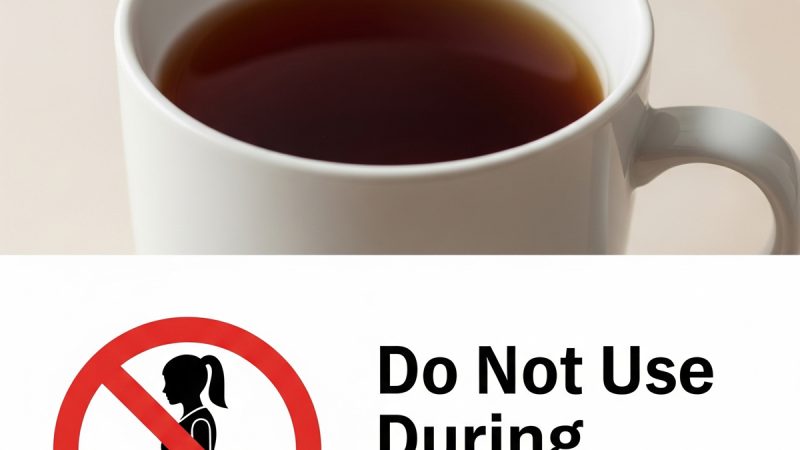I Want to Lose Weight, but When I Get Too Hungry, I Overeat.

Q: I want to lose weight, but when I get too hungry, I overeat. How can I tell when to ignore the urge versus when it’s time to eat before I’m too hungry?
A: It’s not always easy to know the best time to eat, especially if you’ve spent years dieting with a mindset of trying to ignore your body’s hunger signals. The good news is that the skill of knowing when you are truly hungry becomes easier the more you practice it, and this will not only help you lose weight but can play a key role in helping you maintain a healthy weight. Begin by training yourself to recognize degrees of hunger by rating it on a one-to-ten scale before and after you eat. (Ten equals stuffed, one equals feeling so hungry you’d gulp down anything, and five equals “neutral.”) With practice, you’ll learn to recognize signals of hunger and know when to eat something before you get to the point of out-of-control overeating. For some people, it’s stomach rumbling; for others, it’s decreased ability to focus attention. You can also practice recognizing non-hunger urges to eat. For example, you might notice that you’re sensitive to cues like seeing others eat or smelling pleasant aromas from a bakery. You may also learn that you use eating as an “excuse” when you need a break or as a way to cope when upset or tired. Behavioral therapists often note that this desire to eat when not hungry tends to come in a wave. If you aren’t hungry, the urge will usually pass if you can distract yourself with something else for a little while. The problem is that most of us don’t realize that and give in to the urge too soon. The bottom line is learning to tune in and trust your body signals. Keeping some form of journal can be very helpful to this process. If you find losing weight challenging, a few sessions with a registered dietitian (RD or RDN) trained in behavior modification can help you learn to read your body signals and understand how eating choices can set you up for more long-lasting hunger satisfaction. If you don’t know how to find one in your area, go to the website of the Academy of Nutrition and Dietetics (http://eatright.org) and enter your location information under “Find a Registered Dietitian.”
The Author:
The Week of January 6, 2014
The American Institute for Cancer Research (AICR) is the cancer charity that fosters research on the relationship of nutrition, physical activity and weight management to cancer risk, interprets the scientific literature and educates the public about the results. It has contributed more than $96 million for innovative research conducted at universities, hospitals and research centers across the country. AICR has published two landmark reports that interpret the accumulated research in the field, and is committed to a process of continuous review. AICR also provides a wide range of educational programs to help millions of Americans learn to make dietary changes for lower cancer risk. Its award-winning New American Plate program is presented in brochures, seminars and on its website, www.aicr.org. AICR is a member of the World Cancer Research Fund International.








